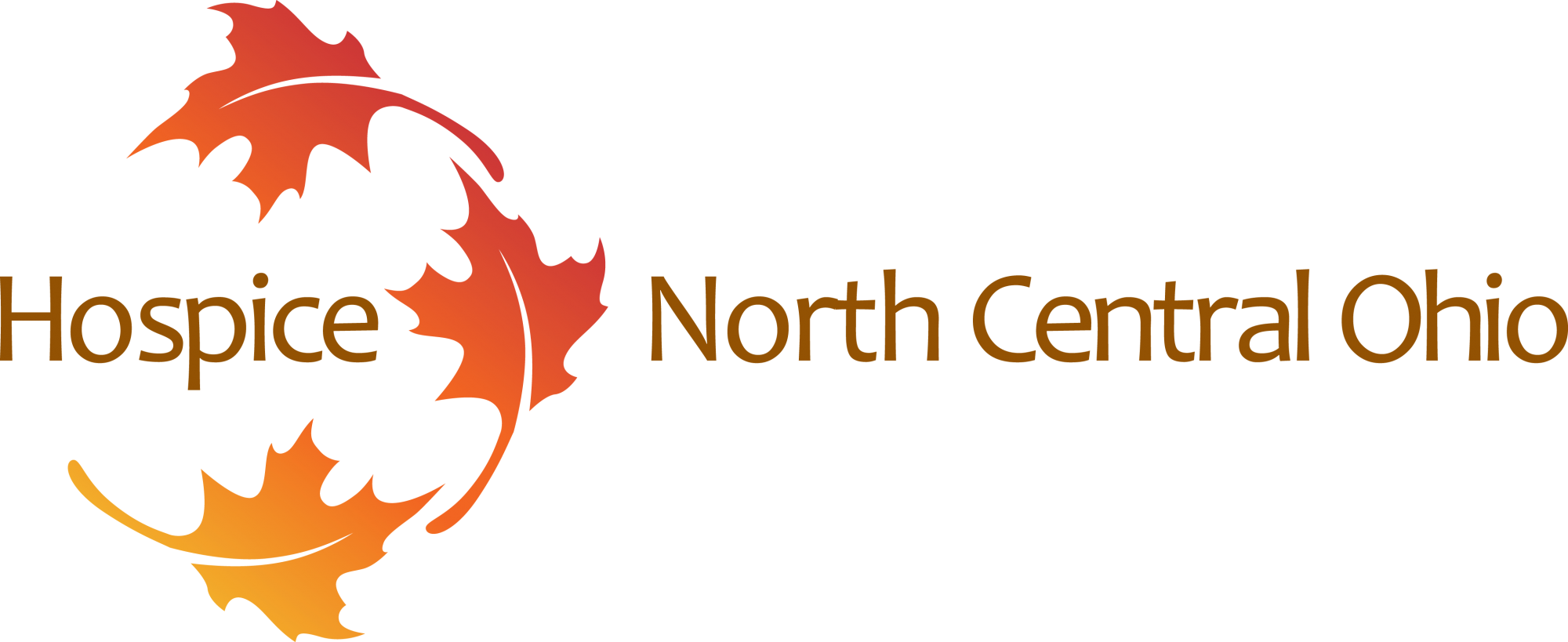-
When is the best time to learn about hospice care?
The best time to learn about hospice care is before it is needed by you or a loved one. Although end-of-life care may be difficult to discuss, it is best for family members to share their wishes long before it becomes a concern. This can greatly reduce stress when the time for hospice becomes apparent. By having these discussions in advance, patients are not forced into uncomfortable situations. Instead they can make an educated decision that includes the advice and input of family and friends.
-
When should a decision about entering a hospice program be made and who should make it?
At any time during a life-limiting illness, it is appropriate to discuss all of a patient's care options, including hospice. The patient and family should feel free to discuss hospice care with their physician or other health care professionals.
-
Can a Hospice of North Central Ohio patient who shows signs of recovery be returned to medical treatment?
Certainly. If the patient's condition improves and the disease appears to be in remission, a patient can be discharged from hospice and return to aggressive therapy or go about his or her daily life.
-
How difficult is caring for a dying one at home?
Caring for a terminally ill person can be an emotionally and physically challenging experience. One of the first things the Hospice of North Central Ohio team will do is prepare an individual care plan that will address the amount of care needed in each situation. Our staff visits regularly and is always accessible to answer medical questions. We provide services to meet the emotional, physical, and spiritual needs of the patient and family.
-
What does the Hospice of North Central Ohio admission process involve?
The first thing we will do is contact the patient's physician to determine if hospice care is appropriate for the patient and if he or she will continue to serve as the patient's primary physician. A meeting between the patient, family, and a Hospice staff member will then be arranged, and our program will be thoroughly explained. If the patient and family decide to use hospice services, they will be asked to sign consent and insurance forms.
-
Must someone be with the patient at all times?
Generally, in the early weeks of care, it is not necessary for someone to be with the patient all the time. Later, however, since one of the most common patient fears is that of dying alone, Hospice of North Central Ohio recommends someone be there continuously. Patients who live alone are appropriate for hospice care. However, at the time of admission, a plan is established to prepare for the time when it is no longer safe or appropriate for the patient to be alone.
-
In addition to the family, who provides care for hospice patients?
Hospice patients are cared for by their personal physician and the Hospice of North Central Ohio team: medical director, nurses, social workers, bereavement counselors, dietitian, home health aides, clergy, therapists, and trained volunteers. Each provides assistance based on his or her area of expertise.
-
Does Hospice do anything to make death come sooner?
Hospice of North Central Ohio does nothing to either speed or slow the dying process. We provide comfort and specialized knowledge during the dying process, just as doctors and midwives lend support and expertise during the time of childbirth.
-
Is caring for the patient at home the only place Hospice care can be delivered?
No. Hospice of North Central Ohio provides care to anyone regardless of their place of residence, including assisted living facilities and nursing homes.
-
How does Hospice manage pain?
At Hospice of North Central Ohio, we use a team approach to manage pain. We believe that emotional and spiritual pain are just as real and in need of attention as physical pain so we address each. Our nurses and doctors are knowledgeable of the latest medications and devices used for pain and symptom relief. Our social workers and chaplains are specially trained to assess spiritual and emotional pain and to develop a plan of care.
-
What is Hospice of North Central Ohio's success rate in controlling pain?
Very high. Using a combination of medications, counseling, and therapies, patients are kept pain free and as comfortable as possible.
-
Will medications prevent the patient from being able to talk or know what is happening?
Usually not. The goal of Hospice of North Central Ohio's pain management is to use the amount of medication that controls the pain with the fewest side effects. By constantly consulting with the patient, we have been very successful in reaching this goal.
-
Is Hospice affiliated with any religious organization?
Hospice of North Central Ohio is an independent, non-profit community organization. We provide care regardless of a person's religious beliefs.
-
Is Hospice care covered by insurance?
Hospice services are covered by Medicare Part A, Medicaid, and most commercial insurances. We recommend patients contact their insurance carrier for information about co-pays, deductibles, etc. No patient is ever turned away due to inability to pay.
-
If the patient is eligible for Medicare and/or Medicaid, will there be any additional expenses to be paid?
Under the Medicare/Medicaid aid Hospice Benefit, equipment supplies, and medications needed to manage the terminal illness provided.
-
Does Hospice provide any help to the family after the patient dies?
Hospice of North Central Ohio continues to provide contact and support for family and friends for at least 13 months following the death of a loved one. We also provide bereavement support groups for anyone in the community who has experienced the death of a family member or friend.
